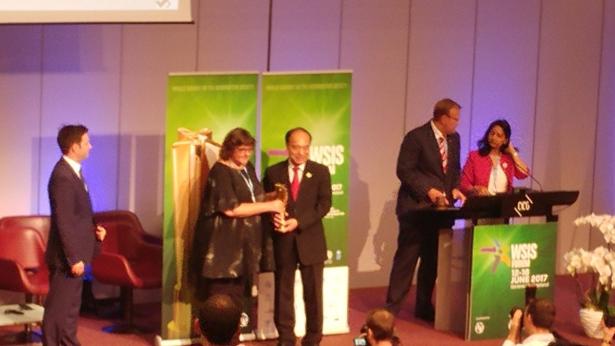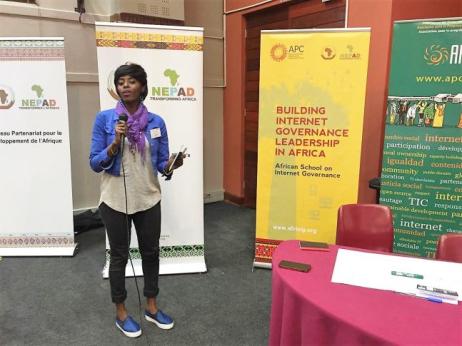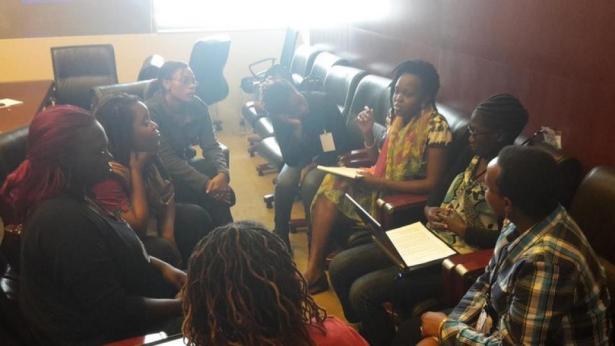The African School on Internet Governance (AfriSIG) was announced this week as the winner of a 2017 World Summit on the Information Society (WSIS) Prize, awarded by the International Telecommunication Union (ITU), in a ceremony at the Geneva International Conference Centre during the annual WSIS Forum 2017.
AfriSIG is a joint initiative of the Association for Progressive Communications (APC) and the NEPAD Agency. The School aims to give Africans from diverse sectors and… Read more





